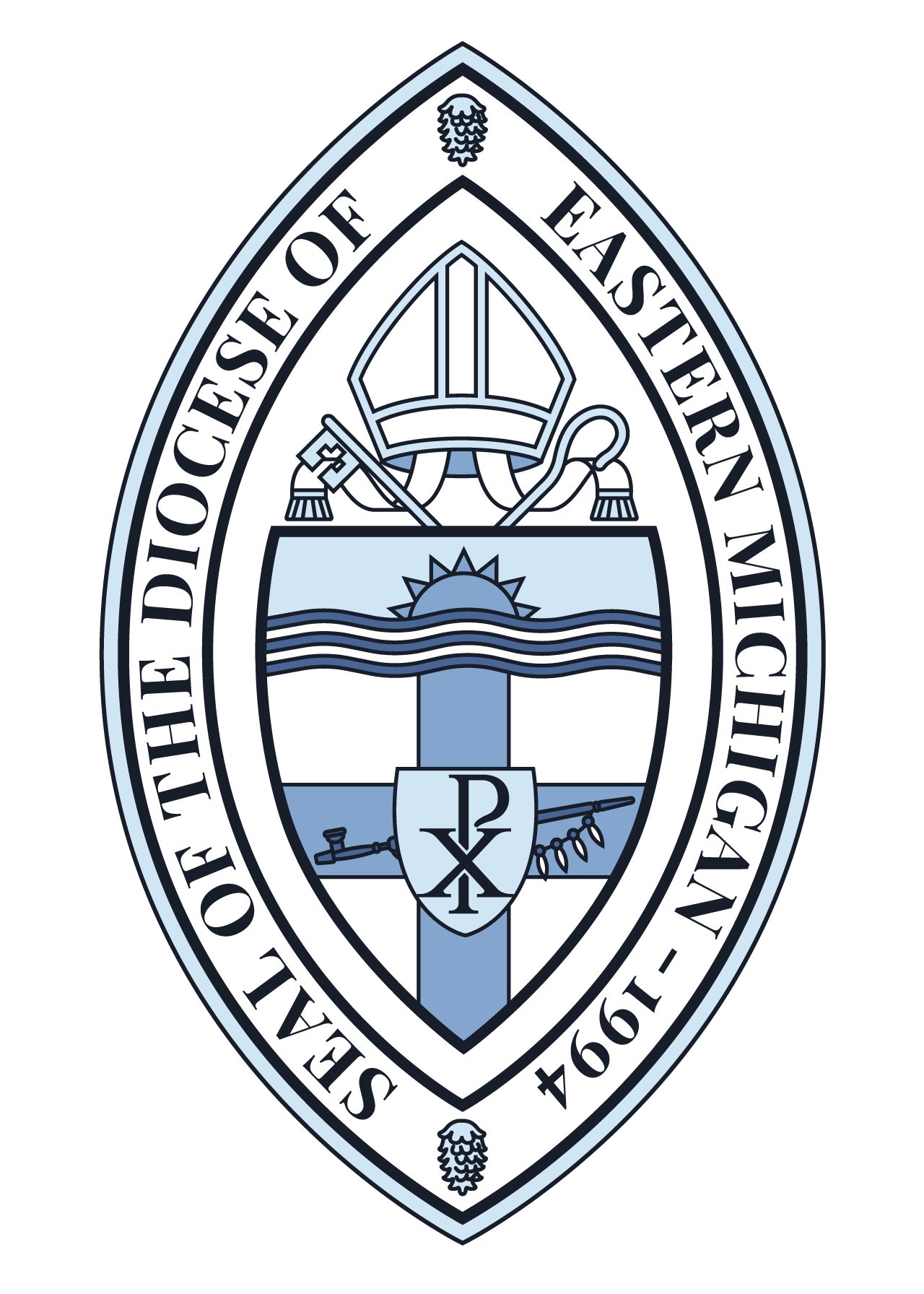“What difference does ecumenical work make?” was the question at a recent World Council of Churches meeting at the United Nations Church Center in New York. The question was raised by Bishop Heinrich Bedford-Strohm, the moderator of the World Council of Churches (WCC) and recent bishop of the Evangelical Church in Bavaria. The discussion which followed did not speak of doctrine, church identity, or even liturgical or polity alignment; but as they surveyed the great needs around the world —climate change, earthquake disaster, famine, and war — they proclaimed the need to work together for the healing of this world which is so beloved by our Creator, and concluding that ecumenical divisions are small, when compared to the work that can be done together; in advocacy, and service, and prayer.
The Standing Commission on Ecumenical and Interreligious Relations has proposed eight ecumenical and interreligious resolutions for the 81st General Convention of The Episcopal Church. They refer to and include interreligious relations in general, but specifically too: to Episcopal / Jewish relations, Episcopal / Muslim relations, to affirm the goal of full communion between the Episcopal Church and the United Methodist Church, to commend the dialogue between the Episcopal Church and the PCUSA, and a recommendation to adopt the proposal for exchangeability between ELCA and Episcopal Church Deacons.
The United Methodist Church will gather April 23 to May 2 for its General Conference. It will consider, among other things, a resolution “to affirm and implement a Full Communion Relationship between” The Episcopal Church and the United Methodist Church. According to the proposal’s rationale, “This resolution is the fruit of decades of dialogue and reflects the unique history of this relationship.” The United Methodist-Episcopal Church dialogue has been at work since 2002. The dialogue committee’s proposal for full communion, entitled “A Gift to the World,” is the theological foundation for this full-communion proposal.
This General Conference will be the denomination’s first since the COVID-19 pandemic began. According to David Field, the UMC’s ecumenical staff officer for faith and order and theological dialogue, there is some concern that the General Conference will not give ecumenical resolutions priority as it tackles legislation focused on internal denominational issues.
In mid-March, the New York State Council of Churches (NYSCOC) hosted its annual Ecumenical and Interfaith Advocacy Days in Albany with faith leaders from across the state gathering to be trained and lobby for a variety of issues facing their communities. Representatives from the Episcopal Diocese of New York were present to become more connected to other faith-based advocates across the state. Key issues for the NYSCOC include a variety of bills that are facing the state legislature during budget negotiations.
In 2023, the Racial Reconciliation Working Group of the Moravian-Episcopal Coordinating Committee hosted a webinar series entitled “Past Reckoning,” which explored the racial history of the Moravian and Episcopal churches. The 90-minute webinars have been reduced to roughly 40-minute segments to be used in an adult-education context in individual Moravian and Episcopal congregations or in a joint study.
Compiled by:
the Rev. Mike Wernick
Ecumenical and Interreligious Officer
the Episcopal Dioceses of Western and Eastern Michigan


